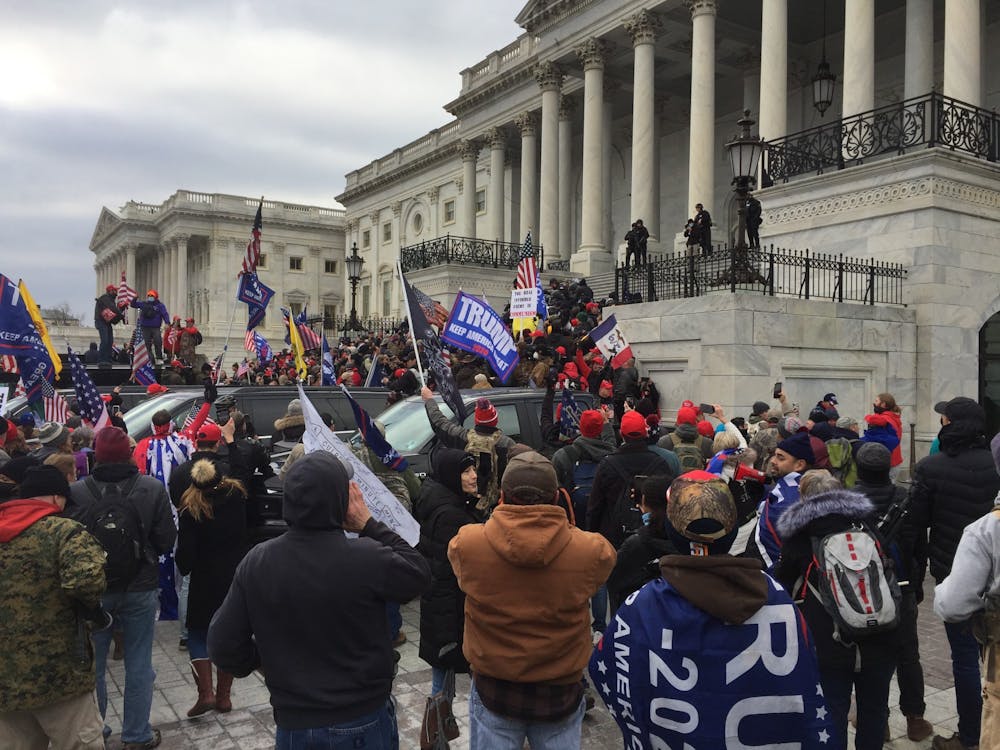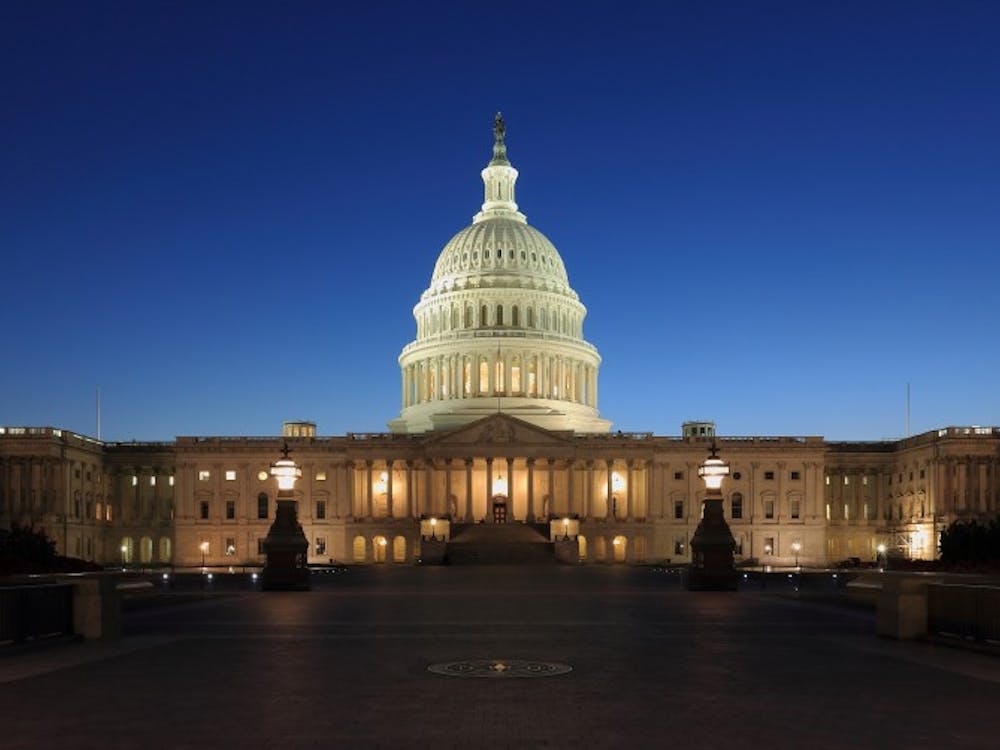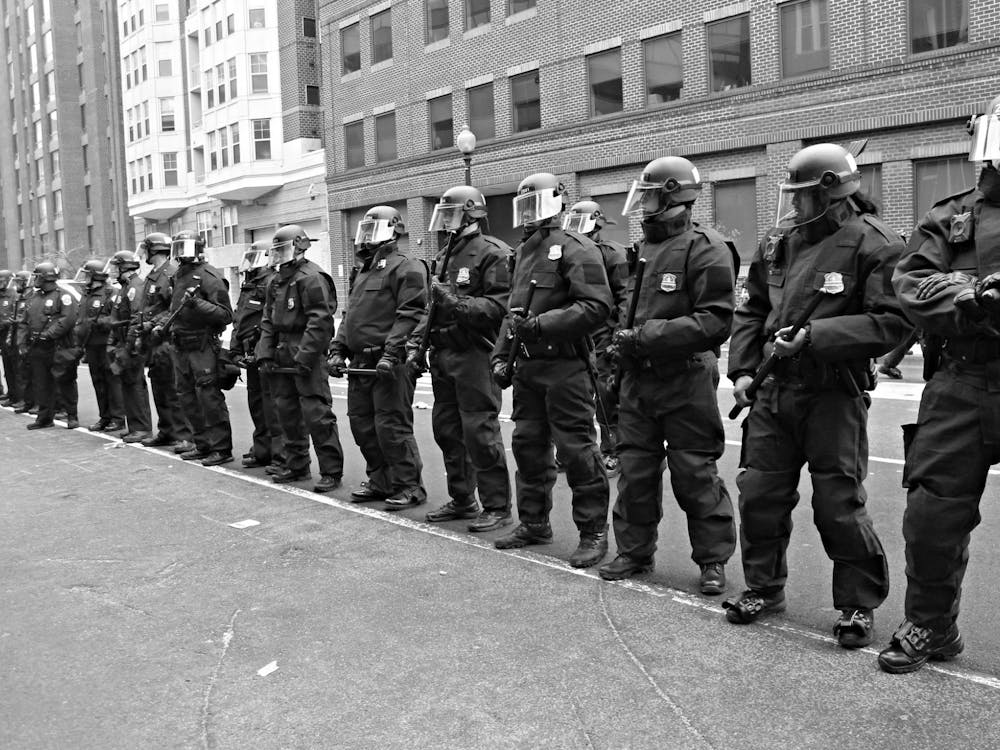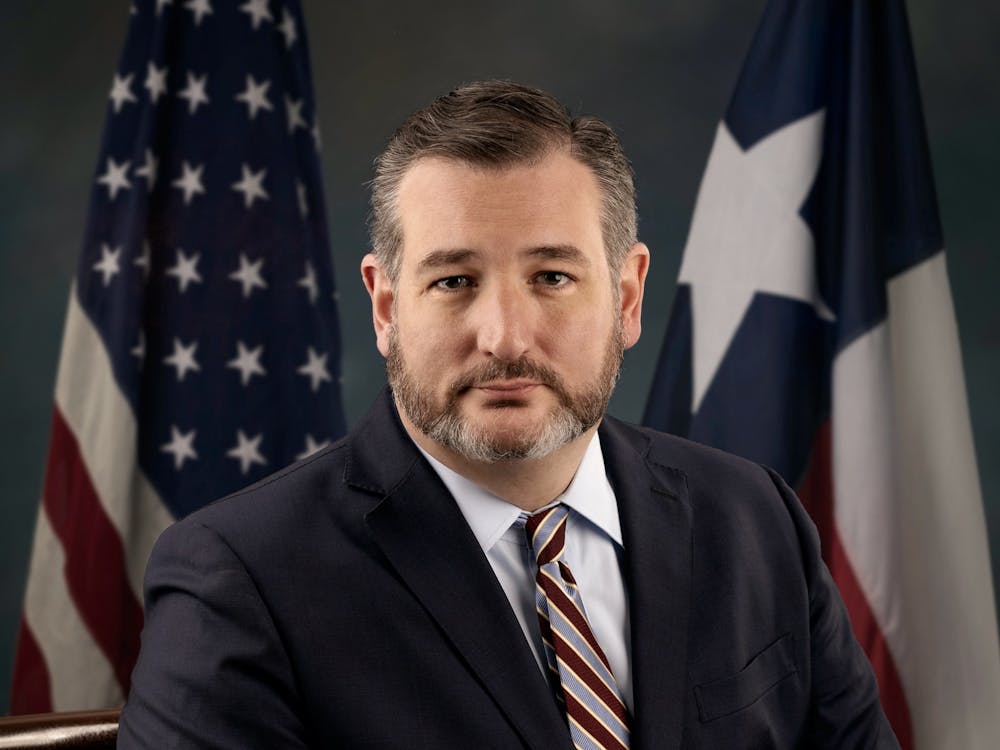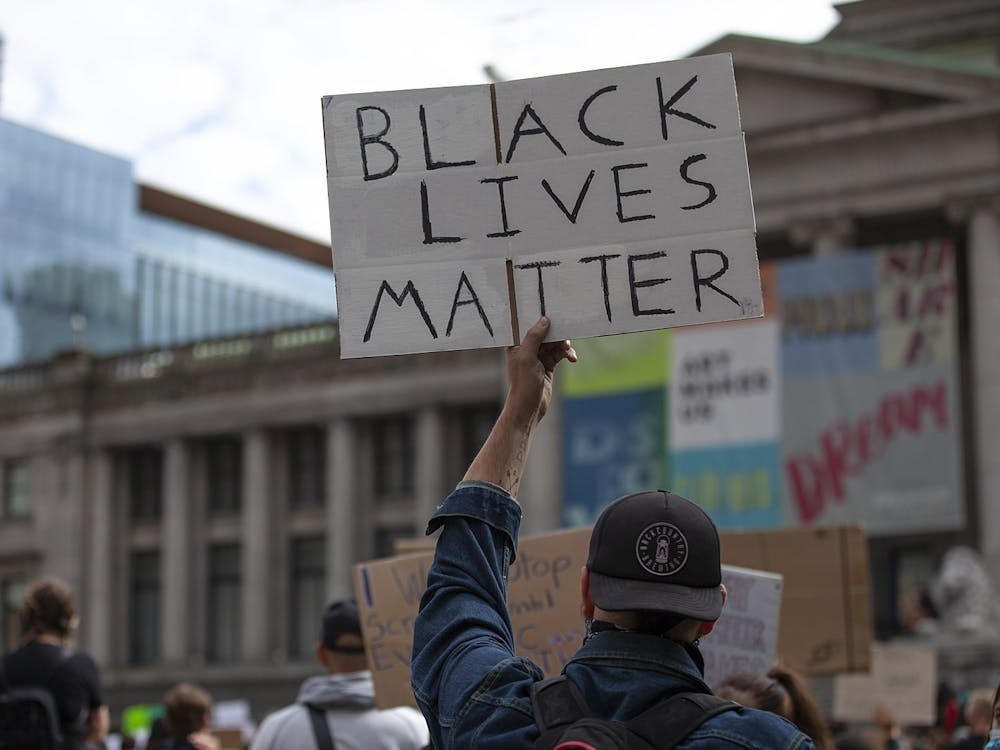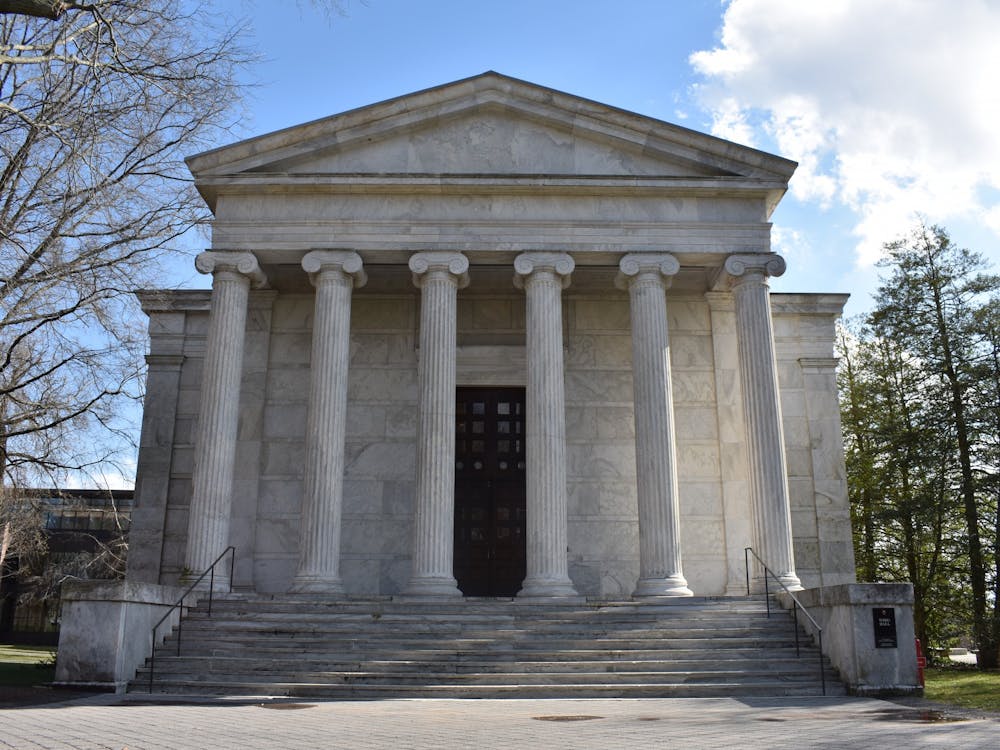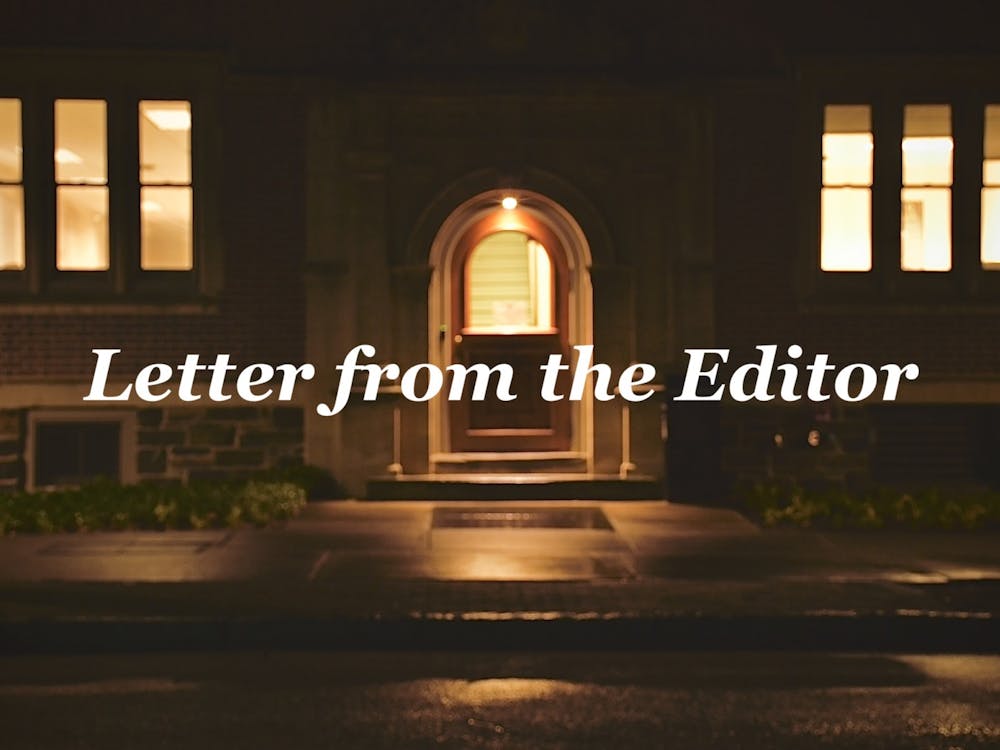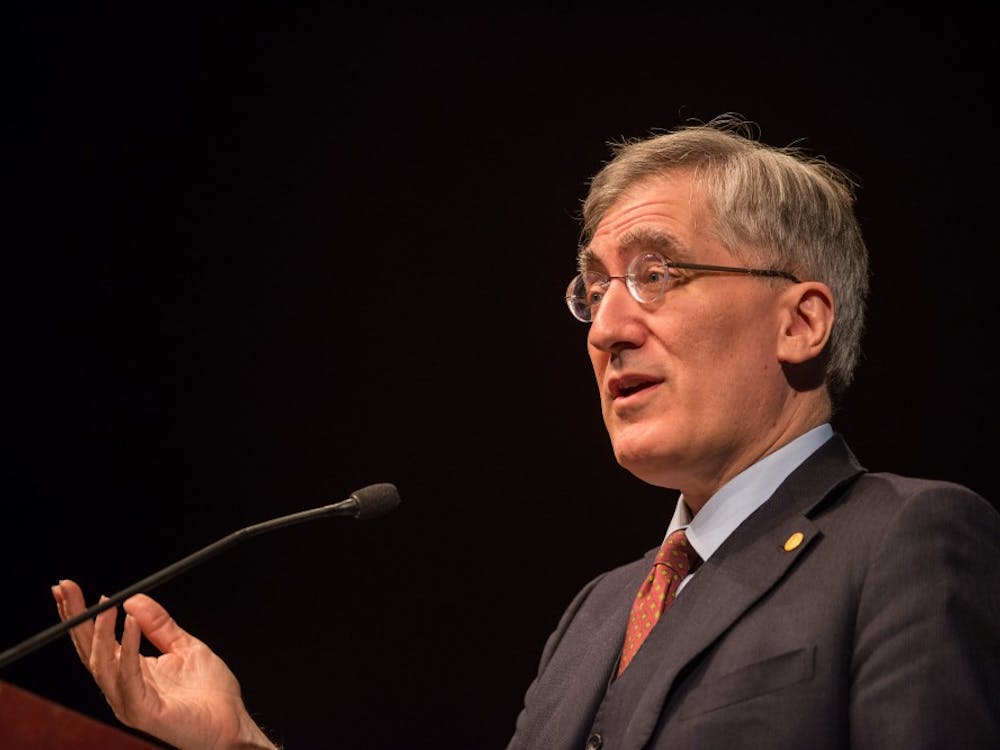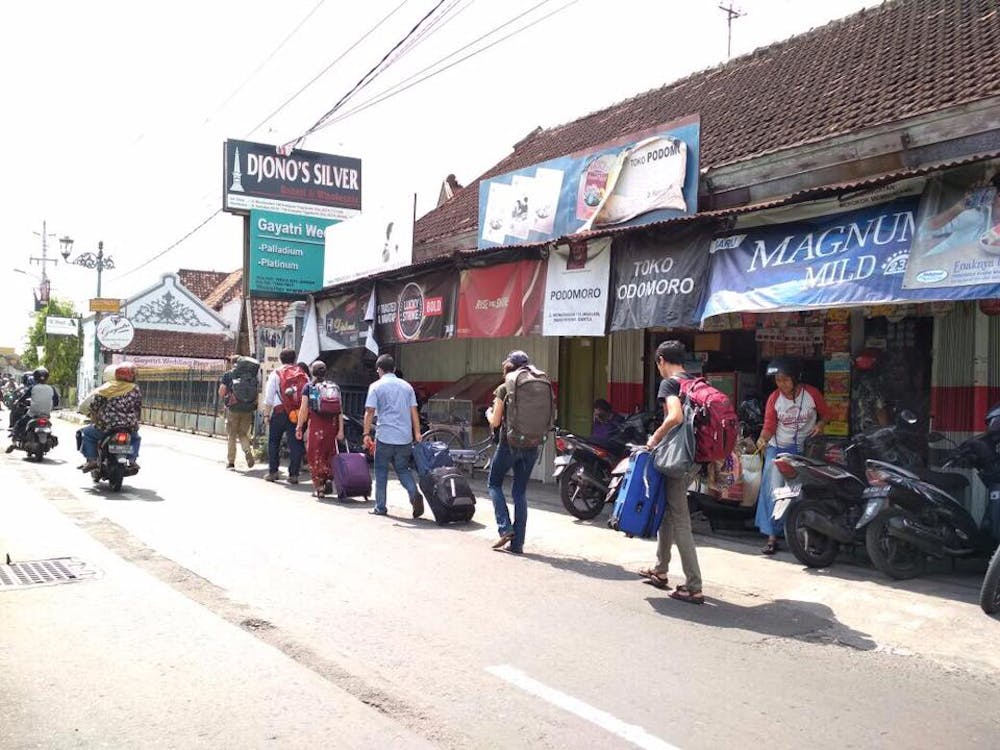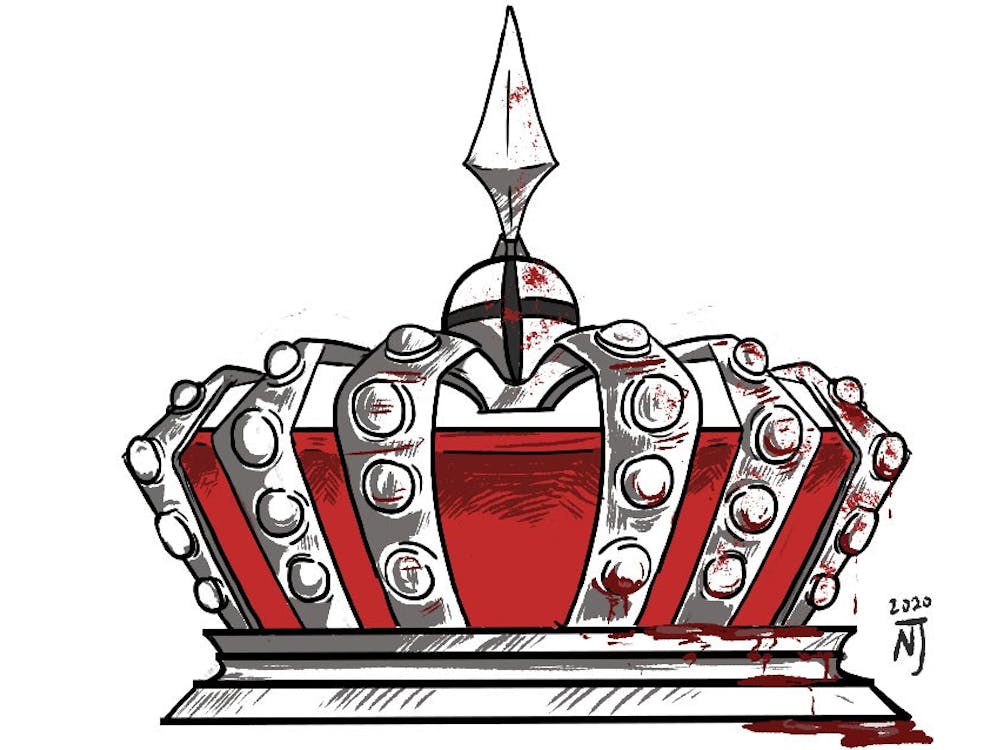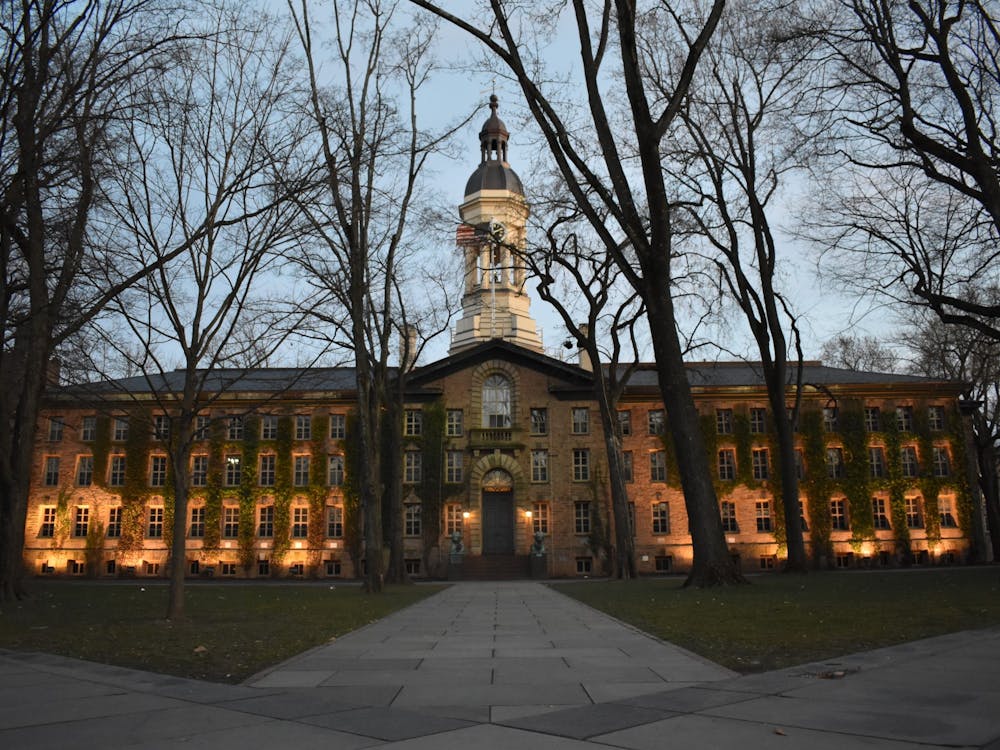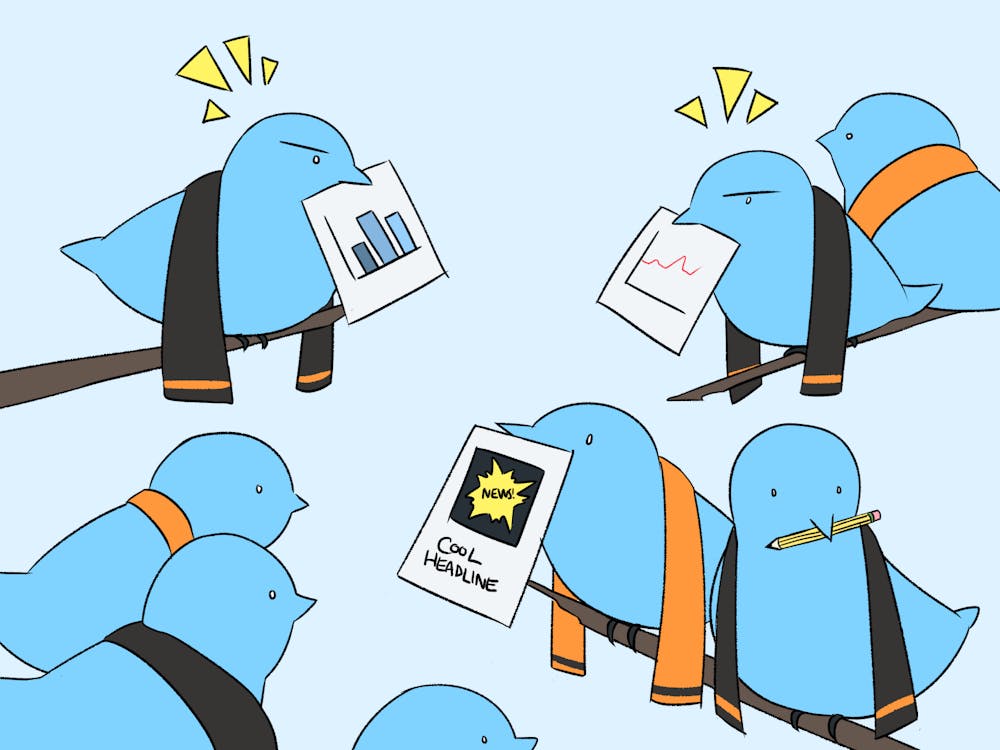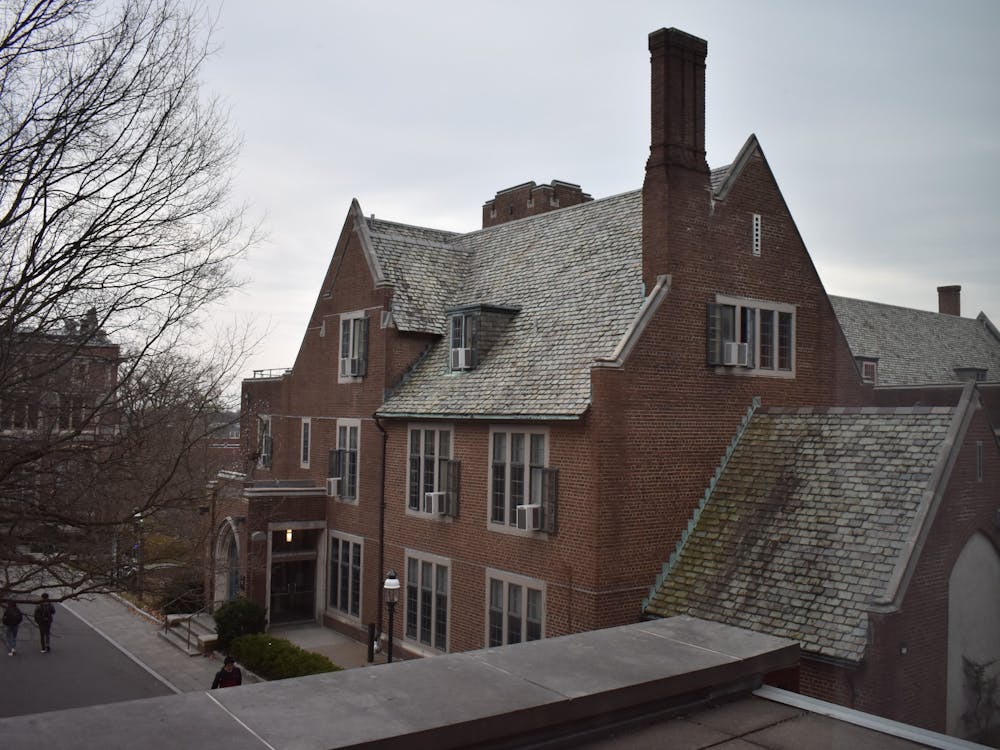America isn't better than the events of Jan. 6
Etiosa OmeikeAfter further interrogation, however, I realized that instead of the question, ‘Is this who we really are’, the question really worth asking is: ‘Why are we so surprised that this is the country we live in?’.
After further interrogation, however, I realized that instead of the question, “Is this who we really are?”, the question really worth asking is: “Why are we so surprised that this is the country we live in?”





